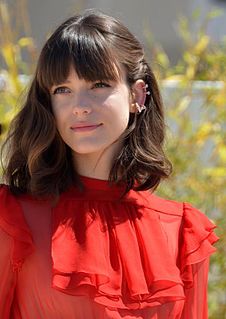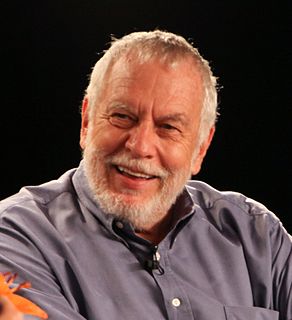A Quote by Cate Marvin
One of the reasons poetry is such an amazing genre to work with is because it constantly reinvents itself and re-negotiates its terms with the reader.
Related Quotes
The one term I don't like to be called is a 'vulture.' Because to me, a vulture is a kind of asset-stripper that eats dead flesh off the bones of a dead creature. Our bird should be the phoenix, the bird that reinvents itself, recreates itself from its ashes. And that's much closer to what it is that we really do.
Edward Said talks about Orientalism in very negative terms because it reflects the prejudices of the west towards the exotic east. But I was also having fun thinking of Orientalism as a genre like Cowboys and Indians is a genre – they’re not an accurate representation of the American west, they’re like a fairy tale genre.
I come from a nation where fantastic fiction has a very low status, unless it fits into some very specific categories or is written by already established authors. I don't by any means try to hide what I write, but the way people think in categories here is pretty extreme: it blots out discussing the actual work on its own terms. That's made me loath to talk about my own work in terms of genre, because once you get a label, it sticks and poof go a slew of potential readers and reviewers because eww, fantasy cooties.
The poem is not, as someone put it, deflective of entry. But the real question is, 'What happens to the reader once he or she gets inside the poem?' That's the real question for me, is getting the reader into the poem and then taking the reader somewhere, because I think of poetry as a kind of form of travel writing.
But to demand that a work be “relatable” expresses a different expectation: that the work itself be somehow accommodating to, or reflective of, the experience of the reader or viewer. The reader or viewer remains passive in the face of the book or movie or play: she expects the work to be done for her. If the concept of identification suggested that an individual experiences a work as a mirror in which he might recognize himself, the notion of relatability implies that the work in question serves like a selfie: a flattering confirmation of an individual's solipsism.





































